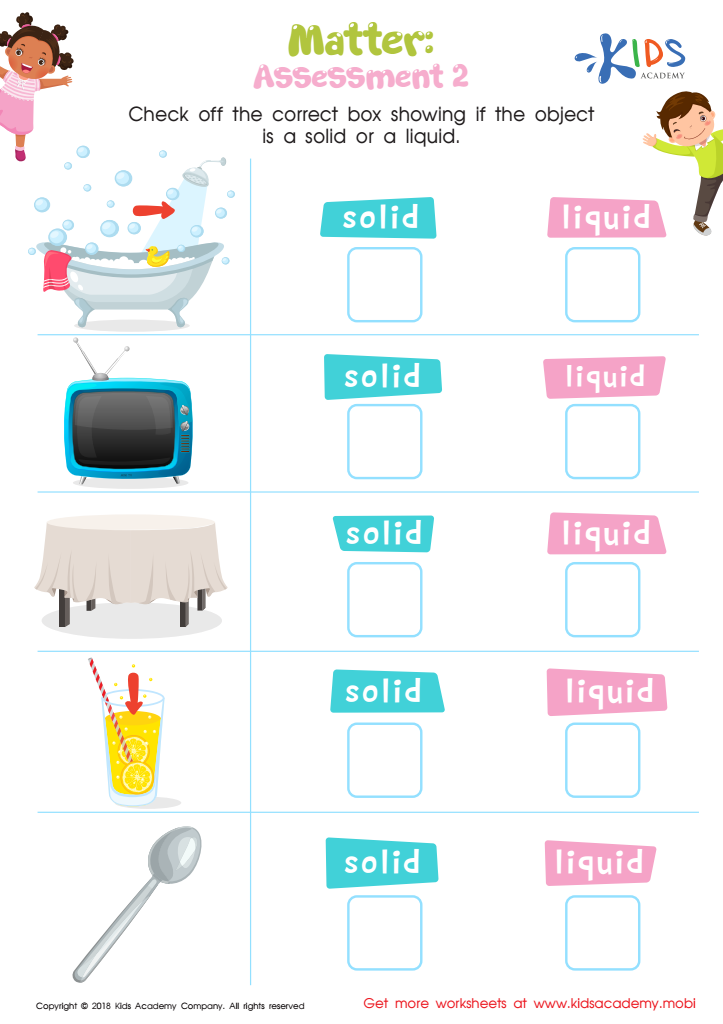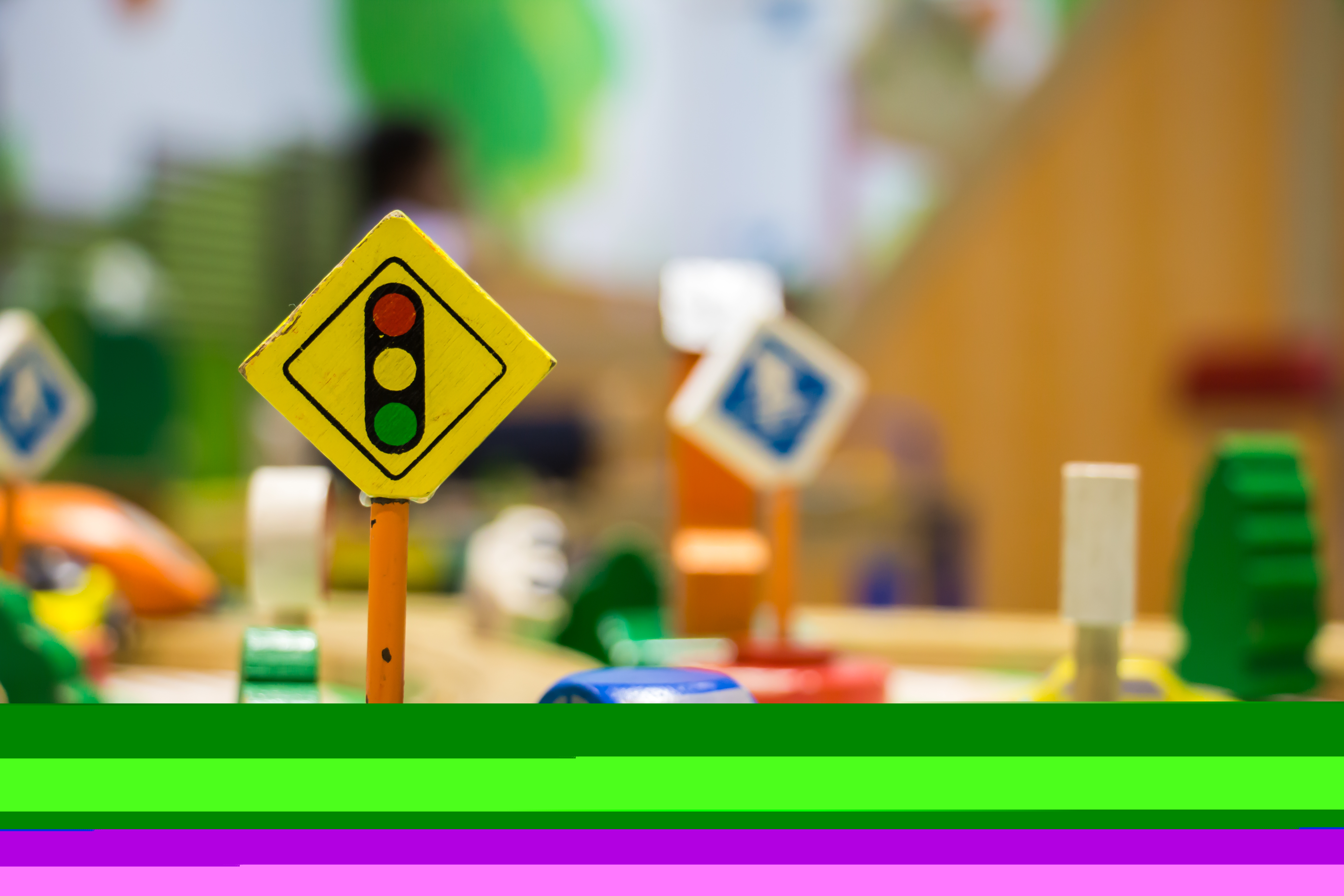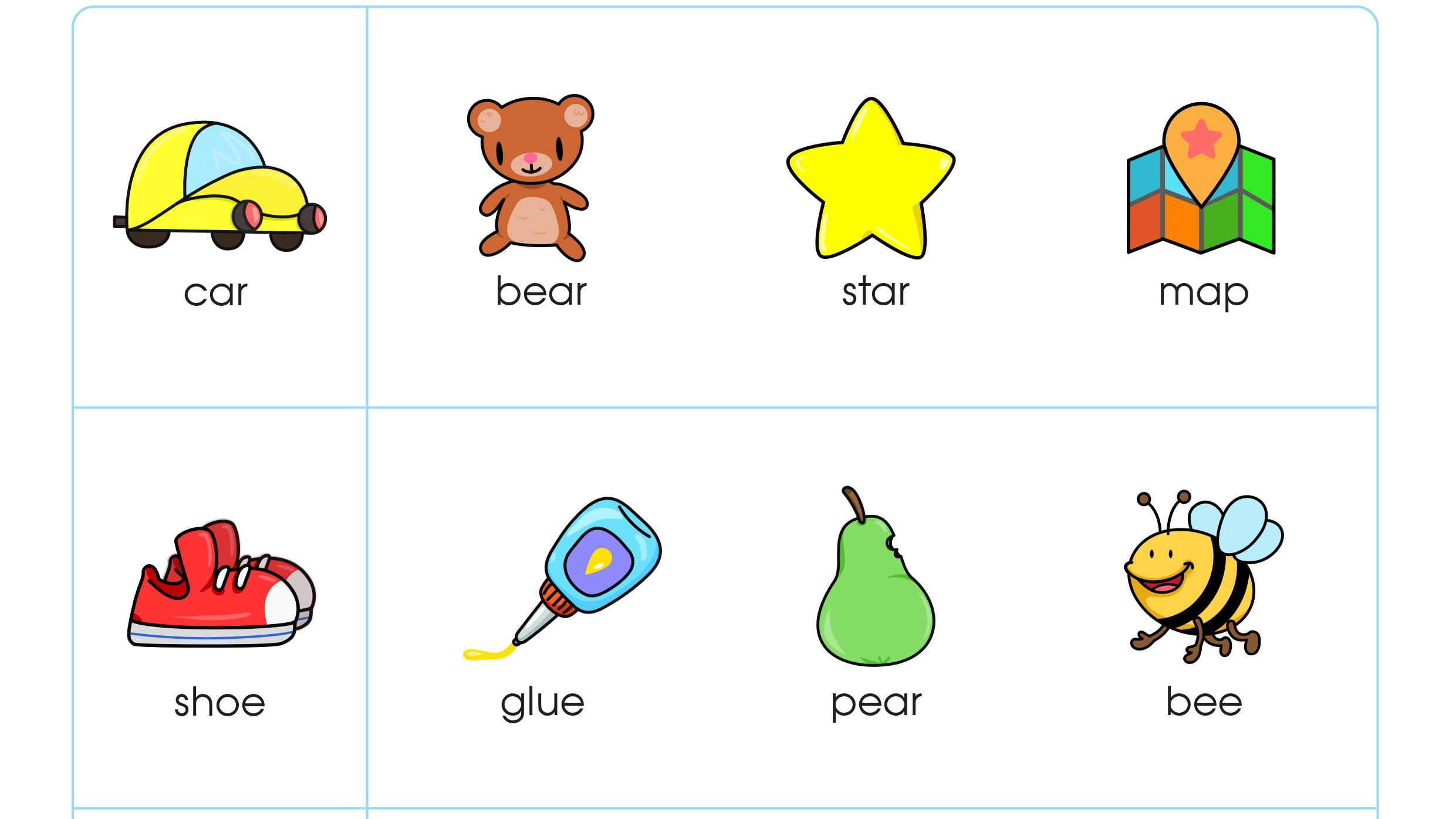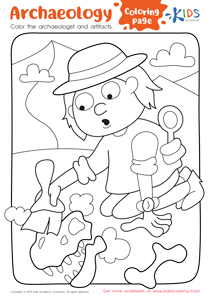Normal Science worksheets activities for Ages 6-7
10 filtered results
-
From - To


Matter: Assessment 1 Worksheet


Force and Interactions: Assessment 1 Worksheet


Space: Assessment 1 Worksheet


Ecosystems: Assessment 1 Worksheet


Light and Sound: Assessment 2 Worksheet


Animals and Plants: Assessment 2 Worksheet


Matter: Assessment 2 Worksheet


Ecosystems: Assessment 2 Worksheet


Space: Assessment 2 Worksheet


Animals and Plants: Assessment 1 Worksheet
Normal Science worksheets activities are an essential part of the educational ecosystem, playing a pivotal role in enhancing students' understanding and retention of scientific concepts. These activities are not just another task to complete; they are a bridge connecting theoretical knowledge with practical understanding, making learning an engaging and interactive experience.
Firstly, Normal Science worksheets activities facilitate personalized learning. Every student has a unique learning curve, and these worksheets allow learners to progress at their own pace, ensuring that they grasp concepts thoroughly before moving on. This personalized approach caters to individual needs, making science accessible to all students, regardless of their initial level of understanding.
Moreover, these activities encourage critical thinking and problem-solving skills. Science is not just about memorizing facts; it's about understanding processes, questioning phenomena, and developing hypotheses. Through carefully designed worksheets, students are prompted to think deeply, analyze data, and draw conclusions, thus honing their analytical skills which are crucial not only in science but in life.
Incorporating Normal Science worksheets activities in the curriculum also promotes hands-on learning. Many of these activities are designed to be interactive, involving experiments or practical tasks that can be performed either in the classroom or at home. This hands-on approach solidifies theoretical knowledge through practical application, making learning more memorable and enjoyable. It ignites curiosity, encouraging students to explore and discover the wonders of science beyond the classroom walls.
Furthermore, these activities provide immediate feedback. Whether it's through self-assessment or teacher evaluation, students can quickly identify areas of strength and improvement. This immediate feedback loop is vital for effective learning and growth, allowing students to address misconceptions promptly and build confidence in their scientific abilities.
In conclusion, Normal Science worksheets activities are a cornerstone of effective science education. They foster personalized learning, critical thinking, hands-on experience, and provide immediate feedback, making science both accessible and engaging for students. By integrating these activities into the science curriculum, educators can cultivate a generation of learners who are not only knowledgeable but also capable of applying scientific concepts in their daily lives and future careers.
 Assign to the classroom
Assign to the classroom












